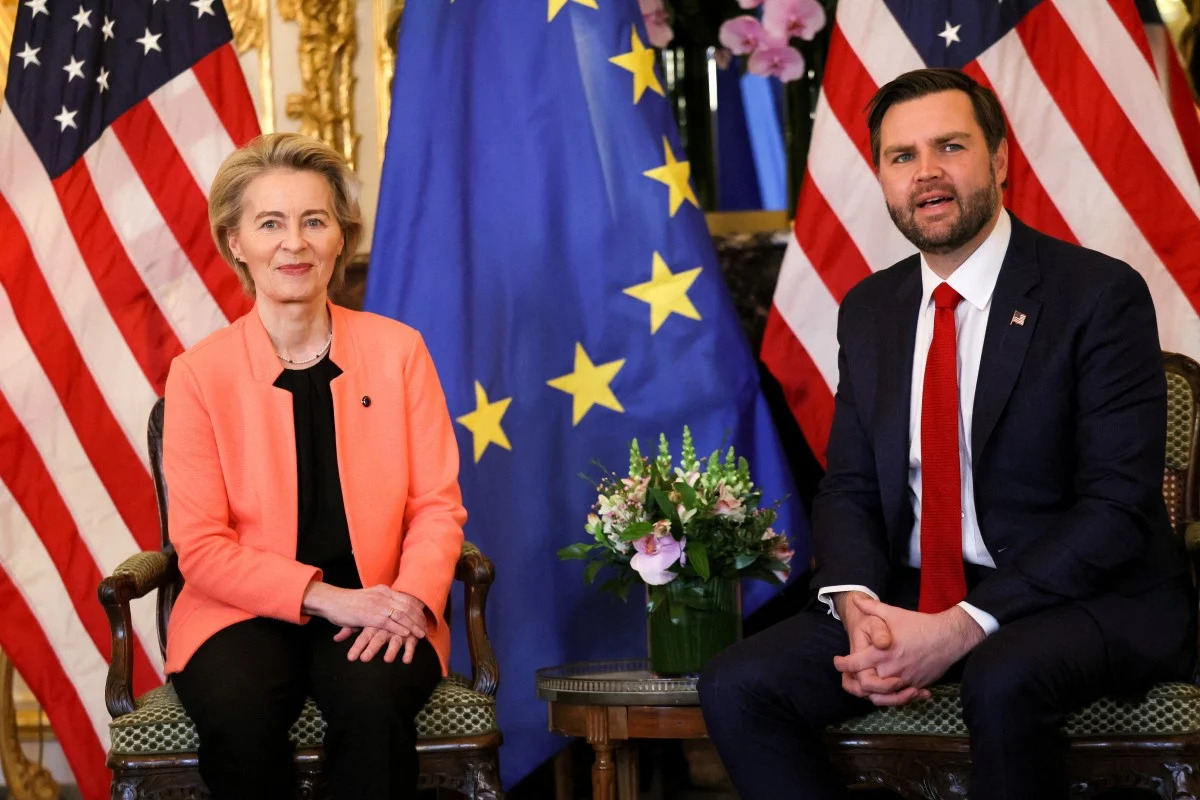
Li Yan, Director of President's Office, China Institutes of Contemporary International Relations
Mar 24, 2025
With the Global South rising, Europe’s renewed emphasis on strategic independence from the United States could partially offset its relative decline in hard power and accelerate global multi-polarity.
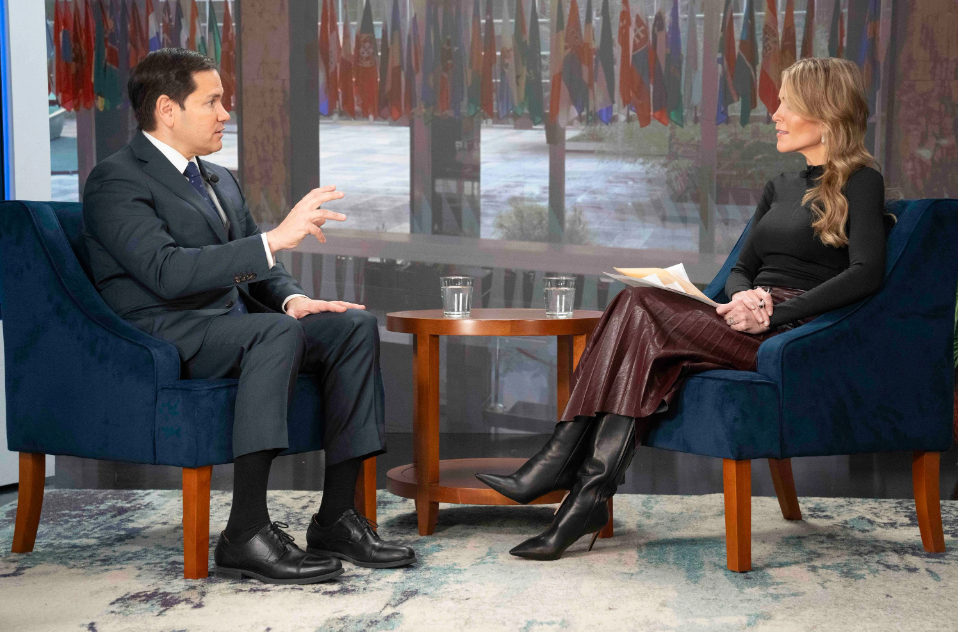
Tian Dewen, Senior Fellow, Institute of Global Governance and Development, Renmin University of China
Mar 14, 2025
The world’s future will hinge on a choice between unilateral confrontation, as exemplified by U.S. President Donald Trump; multilateral confrontation, as in America’s alliance with the EU; or multilateral cooperation, as advocated by China. It’s clear which one will be better for mankind.
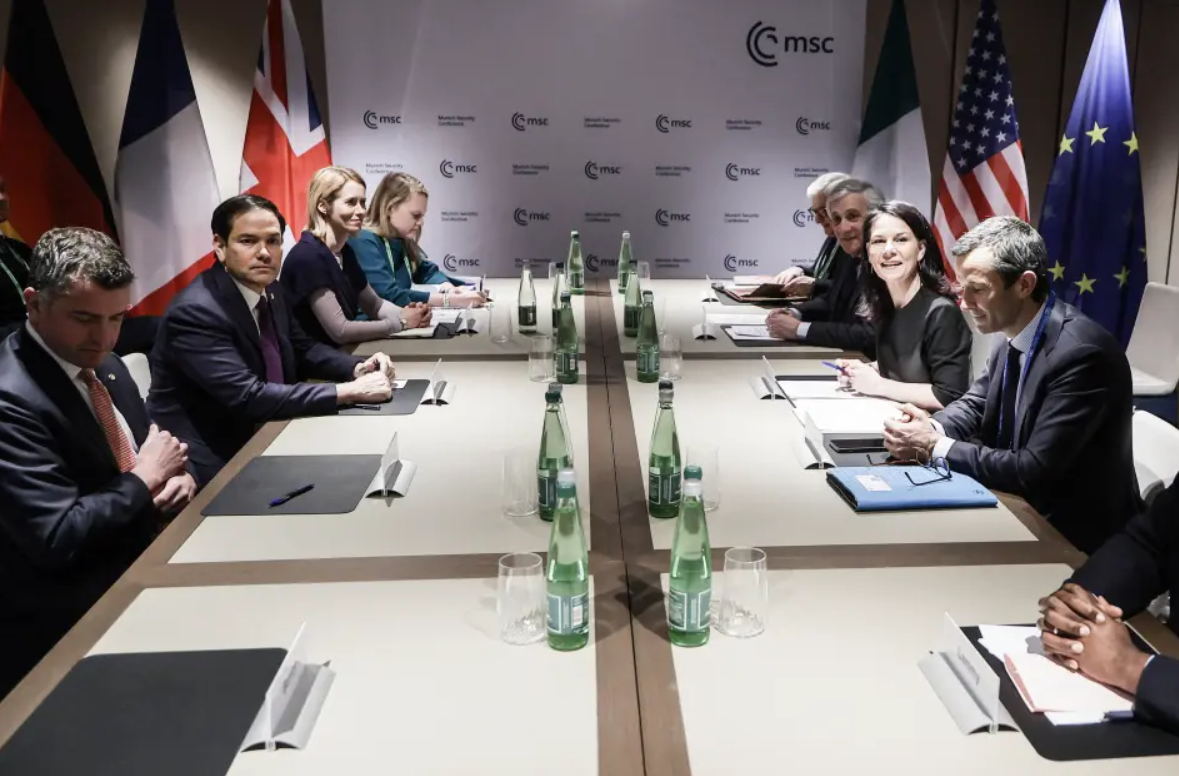
Warwick Powell, Adjunct Professor at Queensland University of Technology, Senior Fellow at Beijing Taihe Institute
Feb 27, 2025
If one takes Marco Rubio’s recent remarks on the end of unipolarity at face value, one could be mistaken for believing that the question of a multipolar world is settled. On the contrary, Rubio’s ruminations, together with remarks from members of the new Trump Administration, including the President himself, buttressed with decisions made in the first few weeks of the new administration, suggest that the issue of multipolarity is very much in question.

Li Yan, Director of President's Office, China Institutes of Contemporary International Relations
Feb 25, 2025
Three major conferences held in Europe — the Davos Forum, the Artificial Intelligence Action Summit and the Munich Security Conference — underscored the defining feature of the current international landscape: It’s a complex and evolving mix of cooperation and competition.
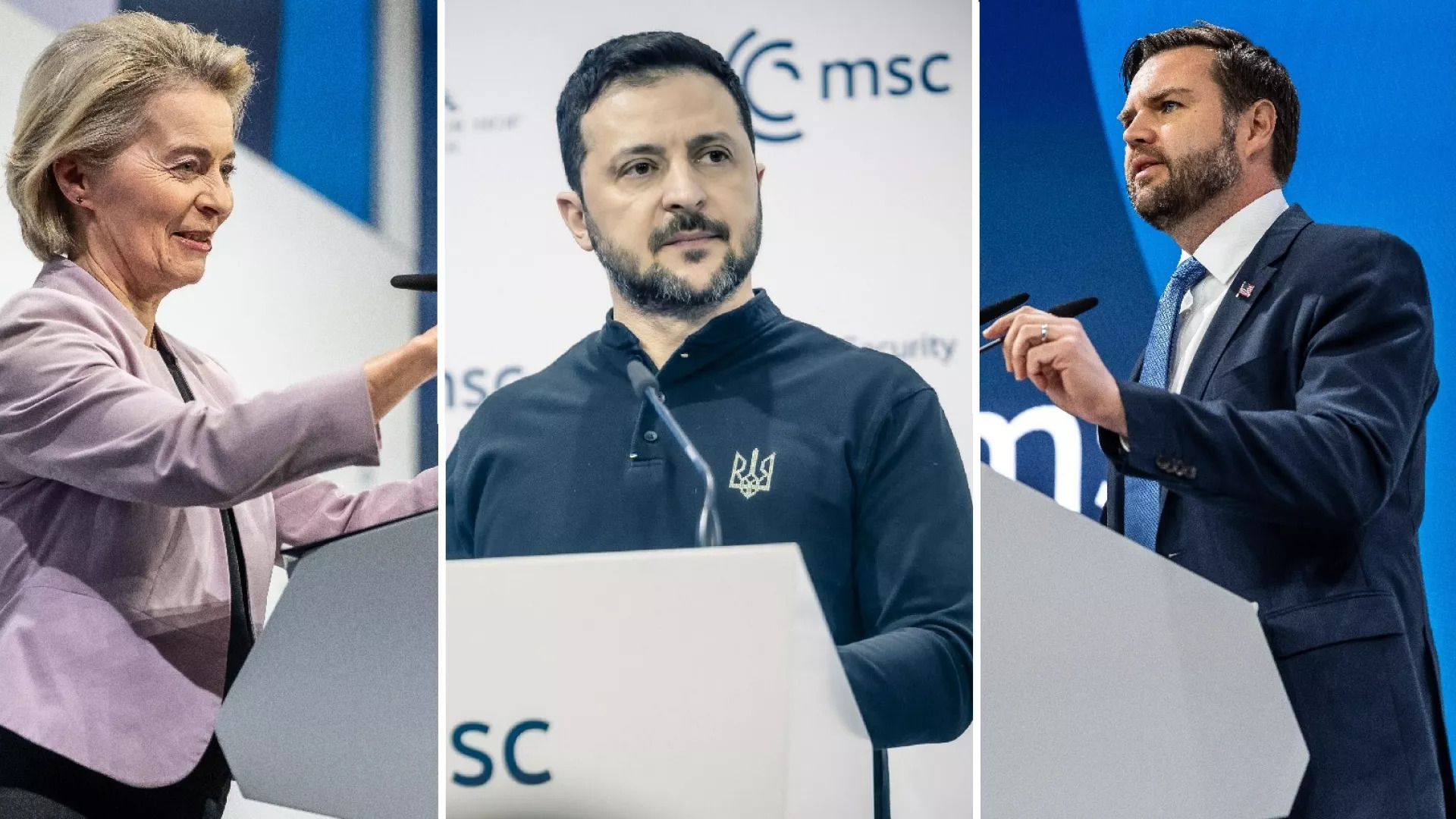
Xiao Qian, Deputy Director, Center for International Security and Strategy at Tsinghua University
Feb 20, 2025
Ukraine crisis lingers as the transatlantic alliance faces an uncertain future. Meanwhile, the international order is undergoing a profound restructuring as the sand shifts under traditional commitments by the United States and as Europe seeks greater autonomy.
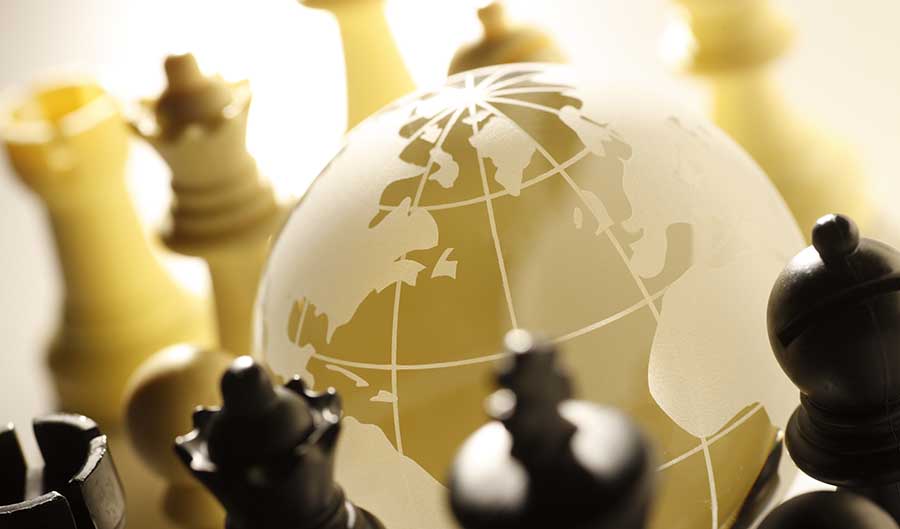
Cheng Yawen, Professor, School of International Relations and Public Affairs, Shanghai International Studies University
Jul 21, 2023
The United States needs to recognize that global hegemony is not sustainable. It should stop clinging to the postwar structure, with itself in the dominant position, and should learn to play a more ecumenical role in a multipolar world.
Yan Xuetong, Distinguished Professor, Tsinghua University
May 16, 2023
The Indo-Pacific Economic Framework adopted by the United States last year has led to a shift in the way East Asian countries perceive their relations with the world’s two great powers. The notion of reliance on China for economics and on the U.S. for security has begun to tilt westward.
Leonardo Dinic, Advisor to the CroAsia Institute
Apr 19, 2023
Weaponized interdependence, through which powerful states leverage their position in the global network to achieve strategic goals, is increasingly relevant in the U.S.-China relationship. The U.S. uses its market power and network of alliances to exclude adversaries from the global dollar-dominated system, but this approach has also accelerated the process of global multipolarity and created opportunities for other countries to create alternative ecosystems.

Hu Dawei, Research Fellow, China Institute of International Studies
Mar 30, 2023
Chinese president’s trip was a positive, good-faith effort to defuse the crisis in Ukraine and prevent bloc confrontations. China wants to maintain international peace and stability while seeking to open up broad new prospects for relations between major powers.
Zhang Tuosheng, Principal Researcher at Grandview Institution, and Academic Committee Member of Center for International Security and Strategy at Tsinghua University
Oct 31, 2022
Positive trade mechanisms have emerged. China remains committed to developing its relationship with the U.S. The recent tension over Taiwan was controlled. Such things and others are a basis for optimism, not despair.